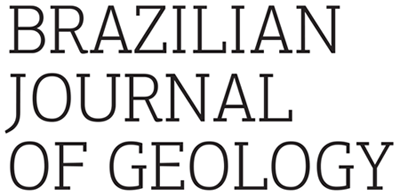Abstratc:
Landfill is an engineering work that aims at to accommodate residues in the smallest possible space in the soil, with minimum damages to the environment and the public health. One in the constructive forms of a controlled landfill is the excavation of ditches with appropriate dimensions, for disposition of solid residues without compactation or impermeabilization. Liquid effluents generated for similar volumes of residues, disposed in ditches with ages different from closing, it should result in physical and chemical alterations you correlated at the time of residence materials. With base in this hypothesis, measures of electric resistivity were accomplished through the of Eletrical Resistivity geophysical method, on residues ditches closed annually between 12/2001 and 12/2007, localized in control landfill of the Cordeirópolis city (SP). The leachate is a liquid effluent generated by the decomposition of organic matter and characterized by high content in total dissolved solids, whose interaction with geological environment results in alterations in terms of electrical resistivity susceptible to detection for the geophysical instrumental. The results suggest a resistivity reduction for leachate percolation produced for ditches recently and increase progressive of the resistivity for older ditches. The statistical comparative analysis with reference values for the area suggests ages of the finish production and percolation leachate for soil and rock below the ditches.
Keywords:
monitoring; VES; leachate; waste
